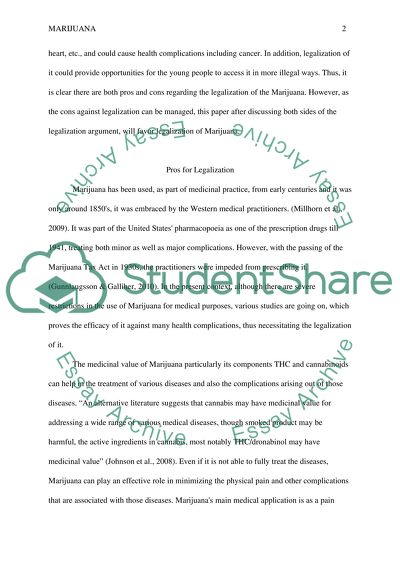Cite this document
(“Marijuana Legalization Research Paper Example | Topics and Well Written Essays - 2250 words”, n.d.)
Retrieved from https://studentshare.org/law/1446805-marijuana-legalization
Retrieved from https://studentshare.org/law/1446805-marijuana-legalization
(Marijuana Legalization Research Paper Example | Topics and Well Written Essays - 2250 Words)
https://studentshare.org/law/1446805-marijuana-legalization.
https://studentshare.org/law/1446805-marijuana-legalization.
“Marijuana Legalization Research Paper Example | Topics and Well Written Essays - 2250 Words”, n.d. https://studentshare.org/law/1446805-marijuana-legalization.


